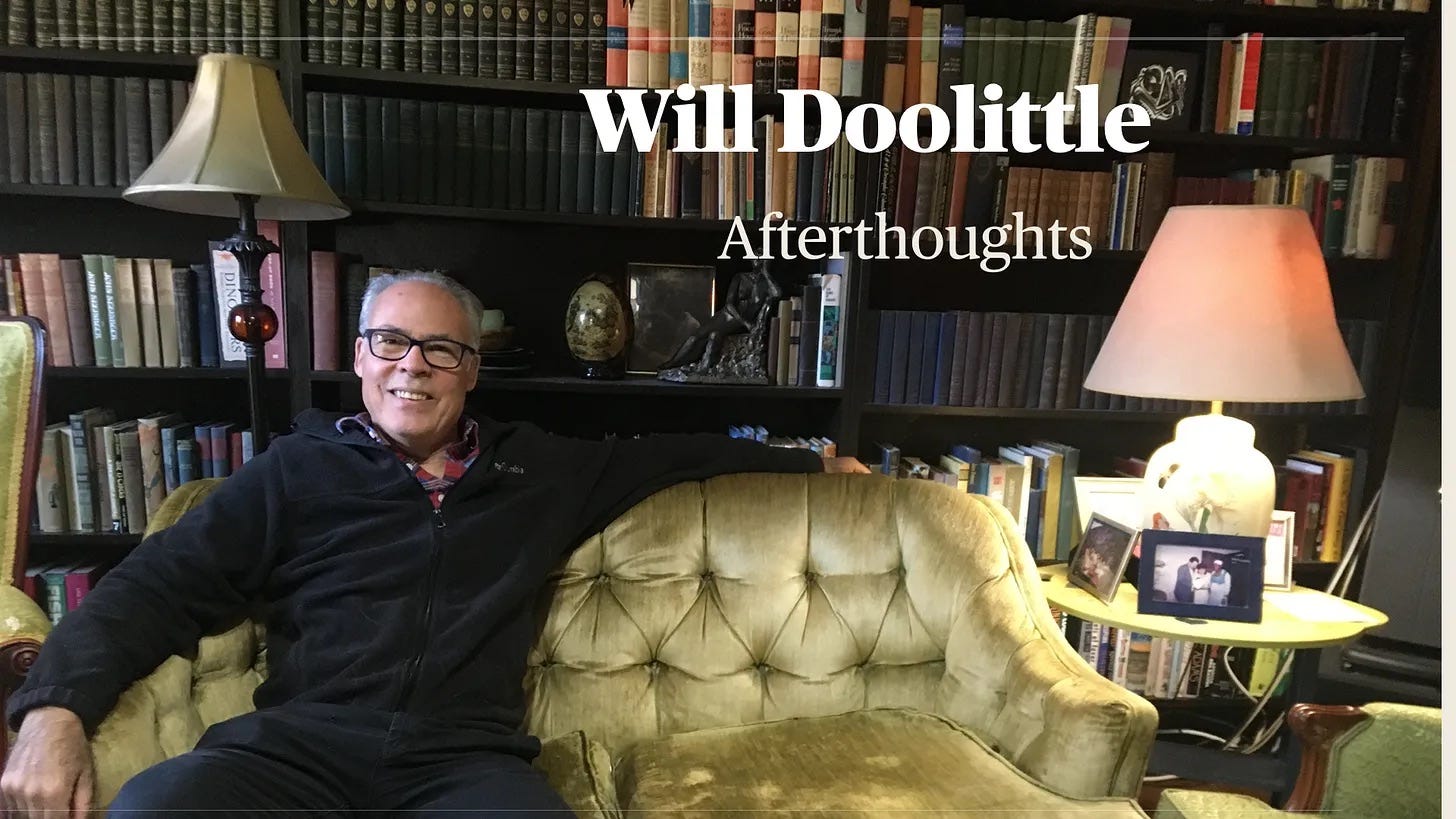Years ago, reading “The Hunger Games,” I laughed when I realized that the book, aimed at a young adult audience, was all about teenagers killing each other in gruesome ways.
The main character pierces her foes with arrows. Others get stung to death by bees or have their head caved in with a rock or their neck snapped or get stabbed or poisoned by berries — 24 violent deaths in all and 122 in the four books of the series.
The author, Suzanne Collins, lingers lovingly over the deaths of fresh-faced boys and girls in this textual torrent of blood.
The Florida law that bans from public school classrooms books “not suited to student needs” and “inappropriate for the grade level and age group for which the material is used” says nothing about graphic violence like that in “The Hunger Games” and other novels for teens.
The law does specifically ban “content that is pornographic.” Pornography describes material “without serious literary, artistic, political or scientific value,” but in Florida the law is being used for other purposes — to root out books that touch on gay or lesbian sex or gender identity and to suppress the depiction of racism in American culture.
Prejudice — against gay and transgender youths and against racial minorities, especially black people and their pivotal role in this country’s history — are the driving forces behind the nationwide effort to get certain books pulled out of school libraries and classrooms. It’s not book-burning, it’s a literary cleansing — making American’s schools safe for straight white people again.
Those who argue that their kids should not be force-fed reading material revolting to their family values should recall that no one is being forced to read these books. The fight is over books on library and classroom shelves that students are free to read or ignore.
Not long ago, a large fuss was made about censorship on college campuses, after conservative speakers were shouted down by disapproving students. Some talks were canceled by spineless college administrators.
This violated the principle of free speech and free exchange of ideas, conservatives argued, and they were right. Students could choose to attend the talks or boycott them, but it was wrong of them to remove the opportunity for free expression by those with whom they disagreed.
But if that was bad, how much worse is it to be following an agenda of prejudice to pull from schools books on certain subjects or with certain viewpoints?
Minority students and gay and trans kids may well already be struggling to make it through adolescence unscathed. This sort of initiative sends them a powerful message of rejection.
Pornography has no place on school bookshelves. But books that see the world in different ways and through the eyes of characters who also have differences should have a place there.
Or is our goal to make our kids like those on Camazotz, the planet on “A Wrinkle in Time,” where the children bounce their balls in unison?
Bookshelves in Florida classrooms are being covered with paper while schools try to follow the new law, which requires a review of every book. The covered shelves are a reflection of the closed minds of those who want their views imposed not only on their own children but everyone else’s.



Banning books , to me, is even scarier than the idea of another major war. I love that bookstores and Libraries are setting up special displays of those books and encourage everyone to read them - teens, parents, school board members etc etc .
Hopefully the Republican war on books will only make them more appealing. I’m sure DeSantis won’t be averse to actual book burnings like his fascist forefathers engaged in.